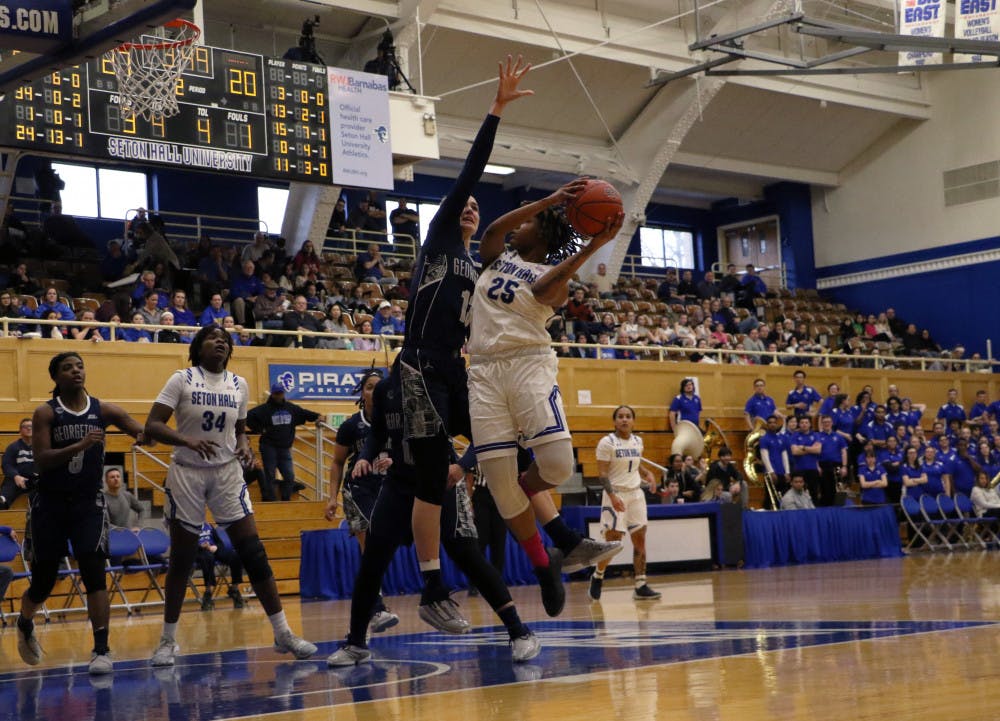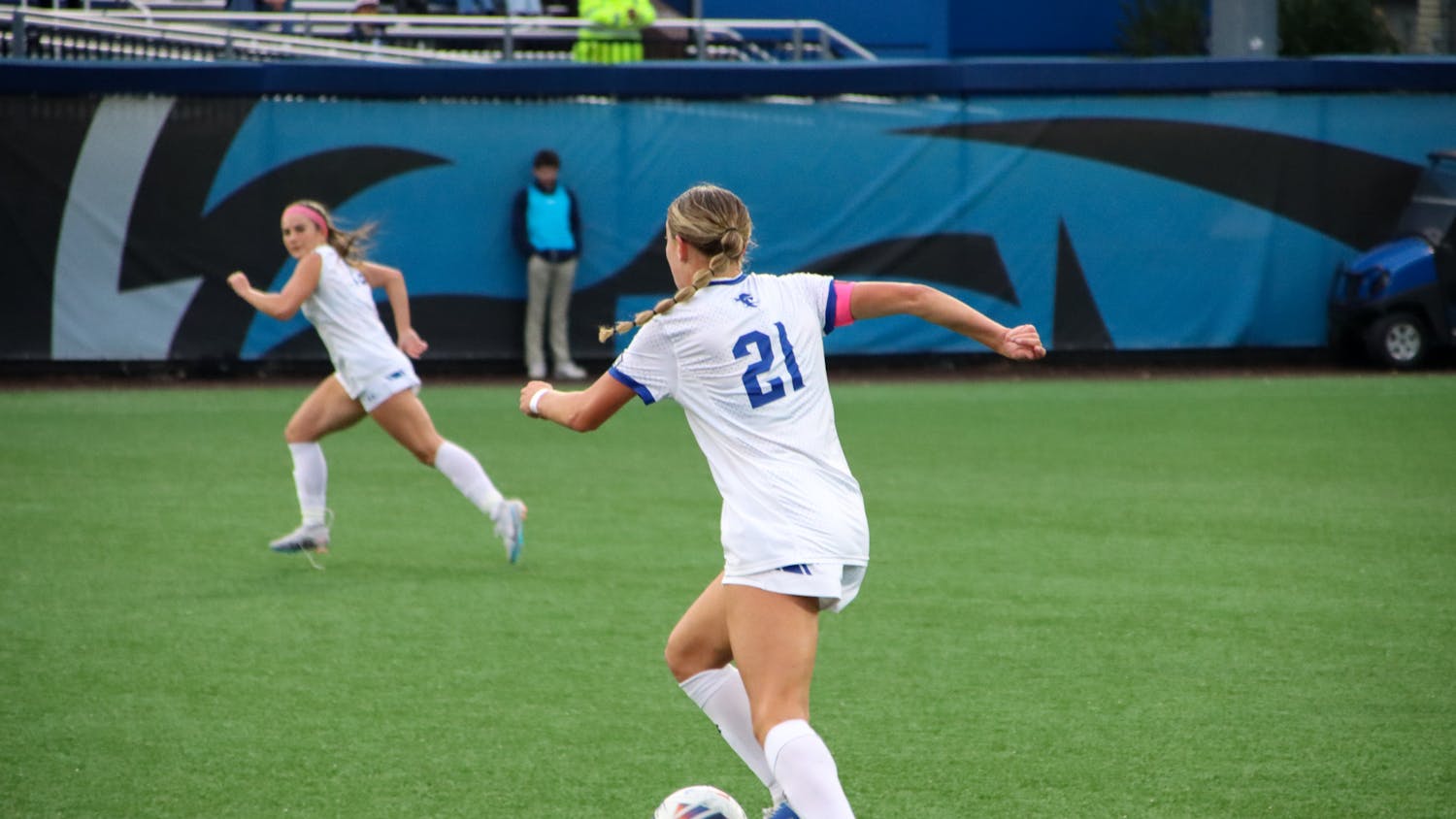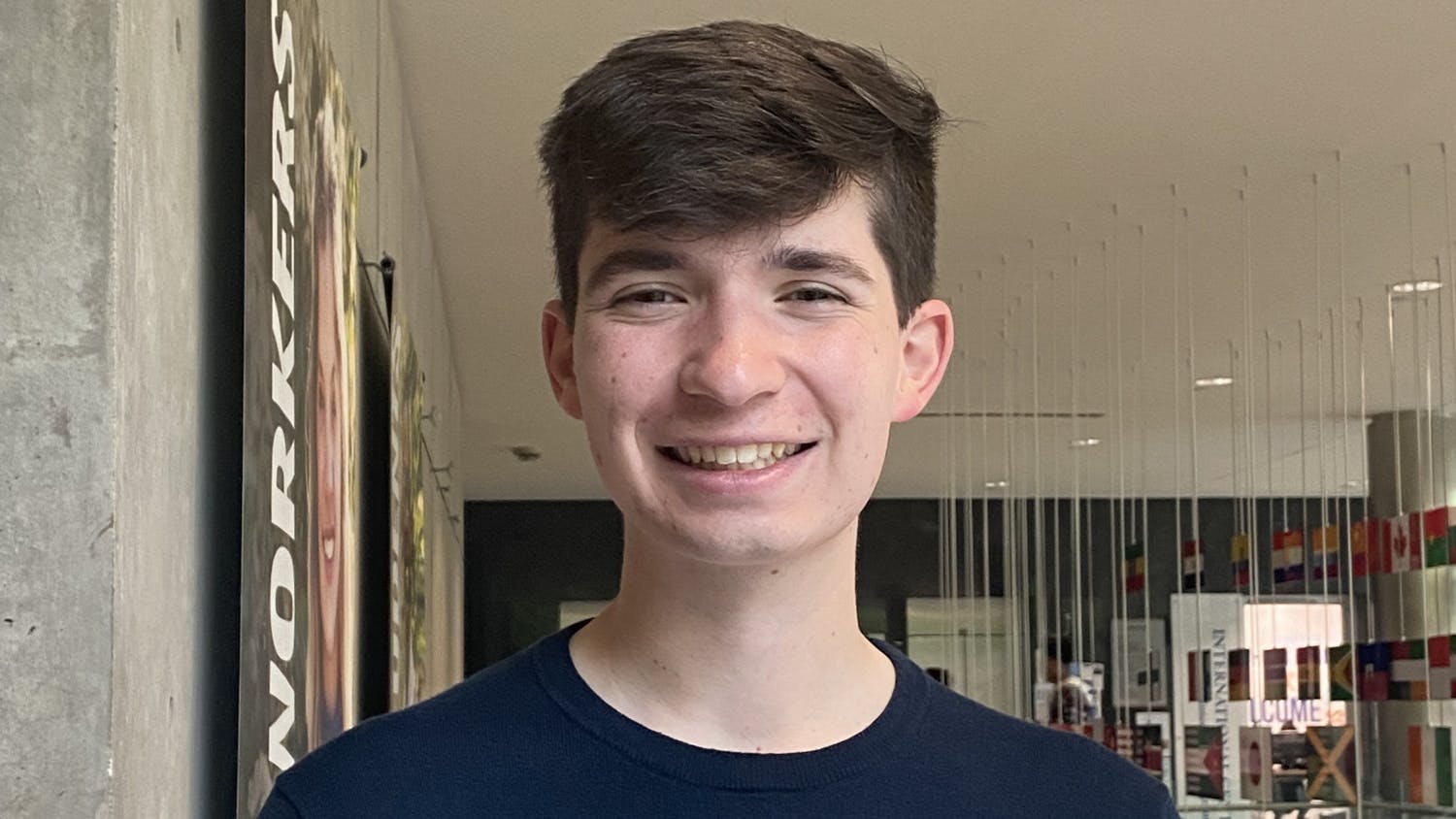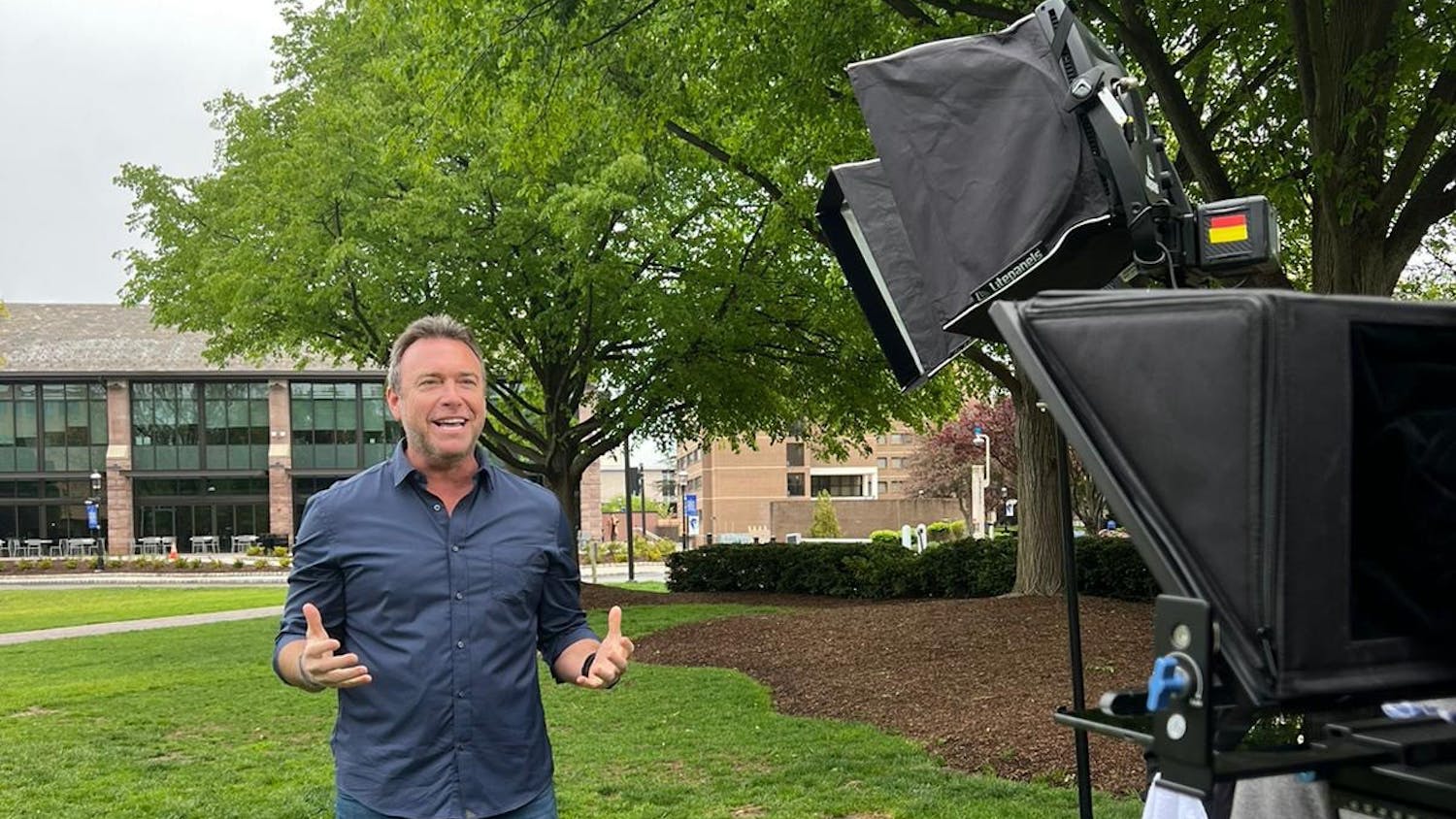[caption id="" align="alignnone" width="406"] autismspeaks.org[/caption]
Seton Hall alum, Kerry Magro was completely nonverbal until he was two and a half years old. He had severe sensory integration difficulties for most of his adolescence and is on the autism spectrum.
According to an Autism Speaks article, Magro was accepted to 15 colleges despite his disabilities and had over $300,000 scholarship aid offered to him. While experts discuss everything that students with disabilities can’t do, they should really be focusing on the fact that these students can not only strive in college, but thrive as well.
One of the ways that SHU helps students with disabilities thrive is through the Office of Disability Support Services (DSS). “DSS provides assistance to students who disclose physical, sensory, learning, psychological, neurological and chronic medical disabilities,” Angela Millman, the Director of DSS said. “Students may utilize a variety of academic accommodations, such as additional time for tests or assistance with note-taking.”
DSS is also there to help students transition from life at home to life in college. A misconception by many people is that students with disabilities have a much harder time than the average student. “The leap from high school to independent college life can be difficult for any student,” Millman said. With that in mind, it is very important that colleges provide help for this transition, similar to how Freshman Studies is there to assist first year students.
Students with disabilities can thrive in college by adapting good habits, organization and study skills, according to Millman. “They should get involved with an activity or group about which they are passionate, both to provide a needed outlet to help with stress and to connect with others socially on campus,” she added.
Luckily, in this day and age, education is progressing, slowly but surely, for students on the autism spectrum. “There is stronger emphasis on awareness and inclusion,” said Millman. “Here at Seton Hall, we make it our responsibility to offer accommodations for persons on the spectrum in order to give them the tools they need to succeed.”
However, autism is also not a disability category that SHU specifically tracks, said Millman. According to “The Importance of Adult Transitions” by Lauren Kelley and Brittany Joseph, autism has only recently been recognized in higher education. Teachers and professors alike need to be aware of how to teach students with disabilities.
Here at SHU, we offer a certificate in Autism Studies from the College of Education and Human Services for graduate students. There is also a Student Disability Awareness Club, which was founded by Magro himself when he attended Seton Hall.
Rebecca White can be reached at rebecca.white@student.shu.edu.
autismspeaks.org[/caption]
Seton Hall alum, Kerry Magro was completely nonverbal until he was two and a half years old. He had severe sensory integration difficulties for most of his adolescence and is on the autism spectrum.
According to an Autism Speaks article, Magro was accepted to 15 colleges despite his disabilities and had over $300,000 scholarship aid offered to him. While experts discuss everything that students with disabilities can’t do, they should really be focusing on the fact that these students can not only strive in college, but thrive as well.
One of the ways that SHU helps students with disabilities thrive is through the Office of Disability Support Services (DSS). “DSS provides assistance to students who disclose physical, sensory, learning, psychological, neurological and chronic medical disabilities,” Angela Millman, the Director of DSS said. “Students may utilize a variety of academic accommodations, such as additional time for tests or assistance with note-taking.”
DSS is also there to help students transition from life at home to life in college. A misconception by many people is that students with disabilities have a much harder time than the average student. “The leap from high school to independent college life can be difficult for any student,” Millman said. With that in mind, it is very important that colleges provide help for this transition, similar to how Freshman Studies is there to assist first year students.
Students with disabilities can thrive in college by adapting good habits, organization and study skills, according to Millman. “They should get involved with an activity or group about which they are passionate, both to provide a needed outlet to help with stress and to connect with others socially on campus,” she added.
Luckily, in this day and age, education is progressing, slowly but surely, for students on the autism spectrum. “There is stronger emphasis on awareness and inclusion,” said Millman. “Here at Seton Hall, we make it our responsibility to offer accommodations for persons on the spectrum in order to give them the tools they need to succeed.”
However, autism is also not a disability category that SHU specifically tracks, said Millman. According to “The Importance of Adult Transitions” by Lauren Kelley and Brittany Joseph, autism has only recently been recognized in higher education. Teachers and professors alike need to be aware of how to teach students with disabilities.
Here at SHU, we offer a certificate in Autism Studies from the College of Education and Human Services for graduate students. There is also a Student Disability Awareness Club, which was founded by Magro himself when he attended Seton Hall.
Rebecca White can be reached at rebecca.white@student.shu.edu.





